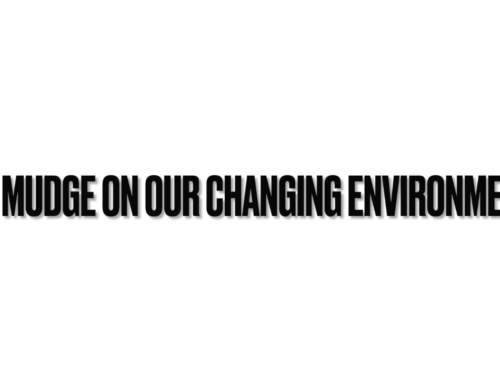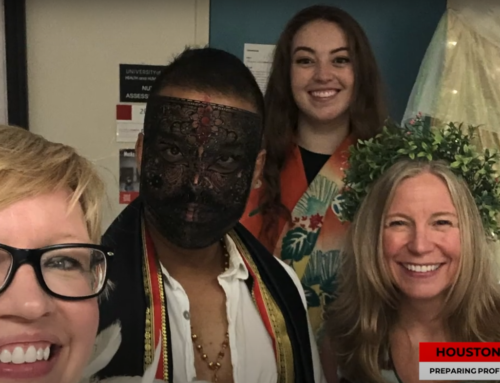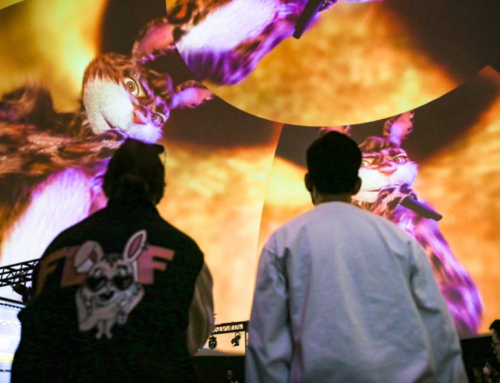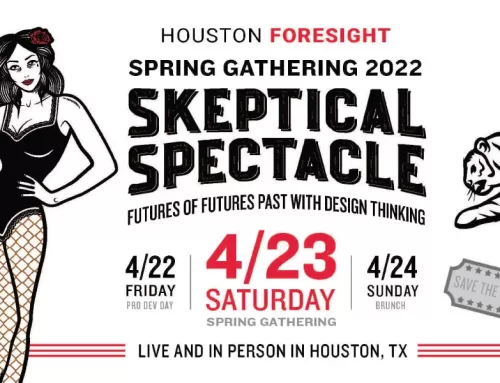Elizabeth Rudd of the Association of Professional Futurists (APF) recently shared a link to a nice piece in Strategy & Business interviewing Betty Sue Flowers on the Dueling Myths of Business. (A great benefit of being part of the APF is this spontaneous sharing of interesting leads).
Among her many qualifications, certainly a unique one in the area of myths is that she edited The Power of Myth (Doubleday, 1988), the bound record of Bill Moyers’s six-part interview with mythologist Joseph Campbell.
In the interview she talks about scenario work where she introduced two myths for the team to consider. She describes A myth is a view of the nature of reality, so prevalent that it goes unseen. Although myths are conceived by people, they can feel like they are the only reality, and they can become the context in which events are framed. The frame people follow then affects the judgments they make.
She suggests five prominent myths in play today – she used the economic and ecological ones in the aforementioned scenario project. I put together this table to for an at-a-glance view.
| Myth | Description | Limitation |
| Economic myth | seeks growth | leads to single-line measurements of success, such as revenues, profits, and market size |
| Ecological myth | seeks the health of a larger, interrelated system | tries to take all needs into account, which can lead to gridlock |
| Heroic myth | seeks to win | in every event there are winners and losers |
| Religious myth | seeks goodness (an ideological belief backed up by religious fervor) | dissenting views are dangerous |
| Scientific myth | seeks truth through reason | resistance is deemed “emotional” |
I was particularly intrigued, or perhaps gratified, to see the economic and ecological myths used in a scenario project. At our recent week-long certificate course in Strategic Foresight I did a module describing Causal Layered Analysis (CLA), in which the example I used described sustainability using CLA’s 4 layers. CLA has a “myth” layer at its foundation and I used a variation of the economic (The Earth is made for man) and ecological myth (Gaia) as the two chief views underpinning debates around sustainability. One of our students asked if you could “change” myths as a way to revision scenarios, which I thought was an impressive question in an introductory class. Indeed, yes!
While I have some time to ponder the application of the three additional myths suggested by Flowers, I couldn’t help but make another connection to some of my foresight work around values. In CLA, the next level up is World views. In ConsumerShift, I drew upon Beck’s Spiral Dynamics to suggest four prominent worldviews (and accompanying individual values) of traditional, modern, postmodern, and integral. I expanded the table above to include where I feel the worldviews and myths were most compatible, along the lines, if you held myth x, you would be likely to hold worldview Y. Three combinations were clear to me. Interestingly, a myth fitting Integral is not yet identified – is that because it isn’t developed yet? Or is it there, but just not articulated? Interesting question to ponder.
| Myth | Description | Limitation | Worldview “sympathetic” to the Myth |
| Economic myth | seeks growth | leads to single-line measurements of success, such as revenues, profits, and market size | Modern |
| Ecological myth | seeks the health of a larger, interrelated system | tries to take all needs into account, which can lead to gridlock | Postmodern |
| Heroic myth | seeks to win | in every event there are winners and losers | |
| Religious myth | seeks goodness (an ideological belief backed up by religious fervor) | dissenting views are dangerous | Traditional |
| Scientific myth | seeks truth through reason | resistance is deemed “emotional” |
Some great food for thought! Andy Hines





